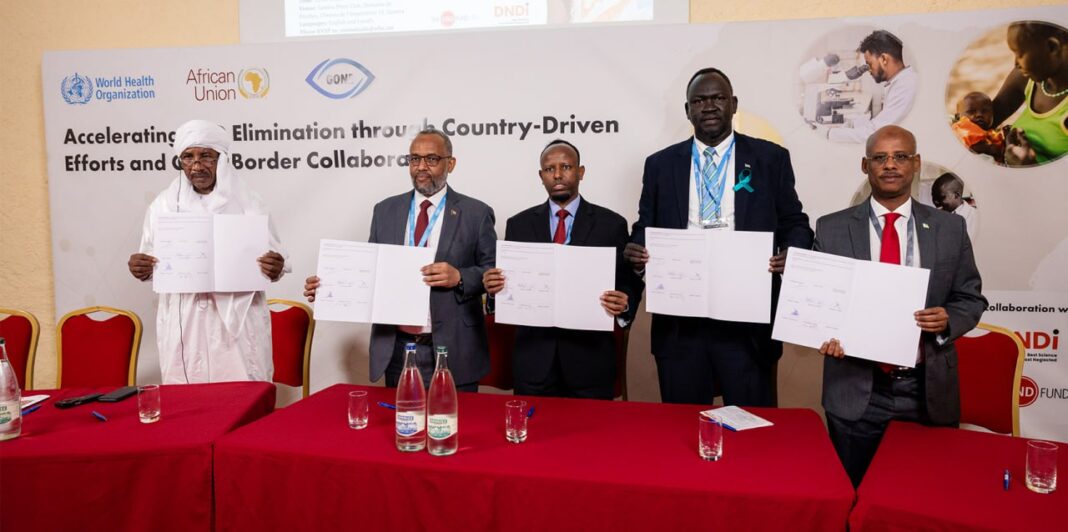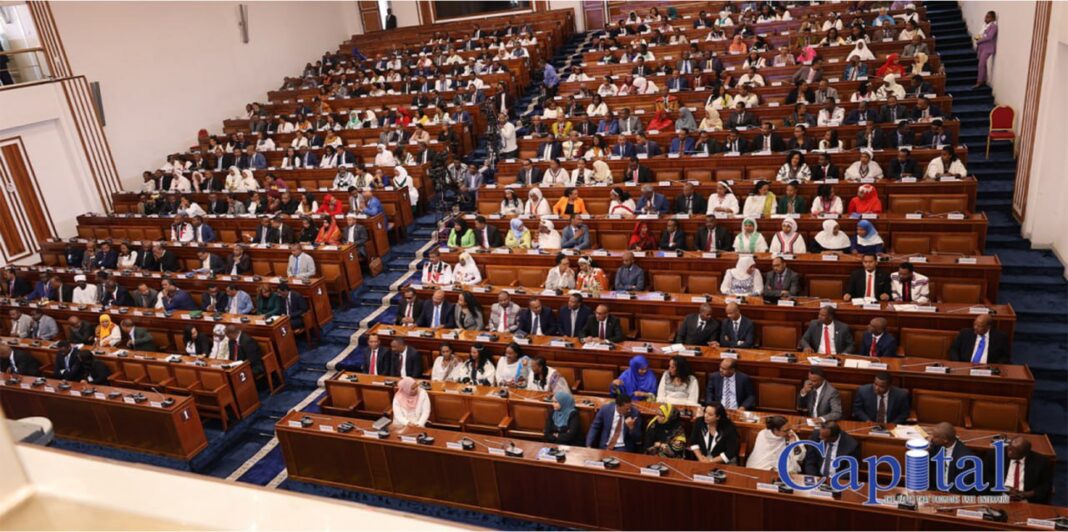In a significant stride toward eradicating one of Africa’s deadliest neglected diseases, health ministers from Chad, Djibouti, Ethiopia, Somalia, South Sudan, and Sudan have signed a historic Memorandum of Understanding (MoU) to eliminate visceral leishmaniasis, also known as kala-azar. The agreement was formalized during a high-level ceremony organized by the African Union and the World Health Organization (WHO) on the sidelines of the 78th World Health Assembly in Geneva.Visceral leishmaniasis is a parasitic disease second only to malaria in terms of lethality. It causes fever, severe fatigue, weight loss, and enlargement of the spleen and liver, and is often fatal if untreated. The Eastern African region bears more than 70% of the global burden, with half of the affected being children under 15.The newly signed MoU commits the six countries to invest resources, develop regional strategies, and collaborate closely to achieve the elimination targets set out in the visceral leishmaniasis elimination framework, launched by Eastern African nations in June 2024.The event also saw Cameroon, Niger, Nigeria, Senegal, and Tanzania join the call for increased cross-border cooperation and collective action against other neglected tropical diseases (NTDs).

These diseases affect over a billion people annually, disproportionately impacting vulnerable and impoverished communities.“Diseases do not stop at borders — and neither should our response. More than 600 million people on our continent remain at risk of at least one of the neglected tropical diseases,” said Dr. Jean Kaseya, Director General of Africa CDC, in a statement delivered by Dr. Landry Tsague Dongmo.Significant progress has been made in the fight against NTDs: as of May 2025, 56 countries have eliminated at least one NTD, with recent successes in Mauritania, Chad, Guinea, and Niger. However, the interconnected nature of these diseases—often transmitted by animals and exacerbated by climate change and migration—means that regional cooperation is essential.Dr. Ibrahima Socé Fall, Director of the WHO Global Neglected Tropical Diseases Programme, emphasized, “The critical role of country-led efforts and cross-border collaboration in accelerating elimination cannot be overemphasized.”There is a pressing need for new, improved oral treatments for visceral leishmaniasis. Dr. Luis Pizarro, Executive Director of the Drugs for Neglected Diseases initiative (DNDi), highlighted the importance of medical innovation, citing the recent elimination of kala-azar in Bangladesh as proof that global eradication is possible.The Geneva event was spearheaded by the African Union Commission, the Global Onchocerciasis Network for Elimination (GONE), and WHO, with support from the END Fund and DNDi.







